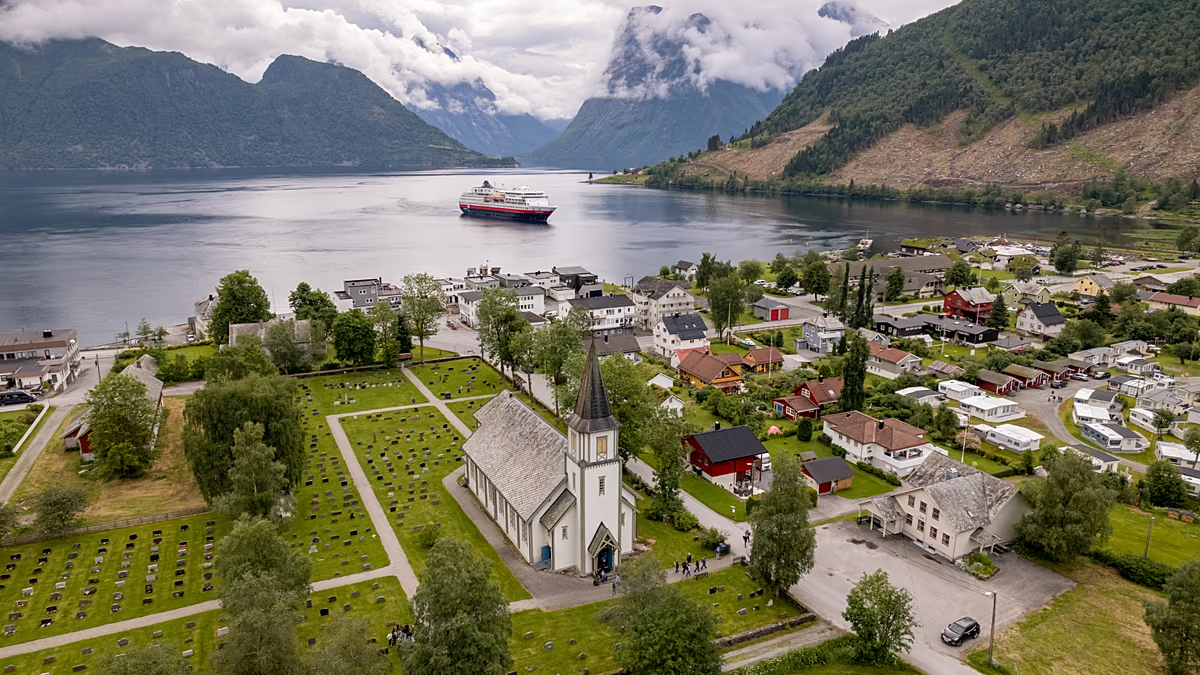A Clash of Cultures in the Sunshine
Picture a serene nudist paradise tucked away in California’s countryside, where Olive Dell Ranch has welcomed visitors since 1952 to bask in freedom and nature without a stitch on. But lately, tempers are fraying like an old towel. The new owners, who took over in 2019, have forbidden nakedness in public spots, prompting a bitter feud. Residents, fiercely attached to their lifestyle, are suing for civil rights violations, claiming it’s discrimination against who they are. It’s heartbreaking to see a place of joy turn into a battleground over personal expression.
Broken Promises
Deeply rooted in nudist history, the ranch flourished under promises of carefree living. Owners let things slip—pools turned murky, saunas silent, water unreliable, and gates unlocked, sparking fears of intruders amid decaying facilities. Residents accuse the owners of neglect and ulterior motives, using tactics like forcing them to maintain everything themselves. Imagine sworn affidavits about a peaceful haven morphing into a shadow of its former self, where community events vanished and the essence of togetherness faded.
Legal Tug-of-War
In court, attorneys for the nudists argue this isn’t just about clothes; it’s about rights. They seek millions for breaches, elder abuse, and more, painting the owners as intent on driving out the like-minded. Lawyers say discriminating against nudists based on their “characteristics” breaks anti-discrimination laws. It’s a gripping legal drama, where judges slam “self-help” evictions, highlighting how deeply personal this fight feels for those who call the ranch home.
Vulnerable Lives in Jeopardy
The real sting comes in everyday struggles. Senior residents and those with disabilities face dire risks—like no hot water or power for medical devices—since owners allegedly cut electricity over the clothing dispute. One woman battles asthma with a nebulizer now useless; another fears for his pacemaker. Stories shared with local media echo fear and frustration, turning a birthday suit celebration into a nightmare of isolation.
Echoes of Unity
Despite the turmoil, residents cling to hope. The health department intervened, deeming power loss a hazard and ordering restoration soon. Chevy Nelson voices the group’s spirit: “We’re incredibly united.” It’s touching to hear how neighbors rally, looking out for each other in this hidden enclave. Their bond shines through adversity, a reminder of the warmth nudism once fostered.
Hanging in the Balance
Tensions boiled over into scuffles captured on camera, even leading to arrests, as frustrations spill out. The attack on their way of life feels profound. AsPenny reflects on idyllic days by the jacuzzi, you sense a longing for harmony. This isn’t just about skin—it’s about belonging, and whether this odd corner of paradise can survive the clash between tradition and change. Communities like this endure through empathy; here’s hoping dignity wins out.












